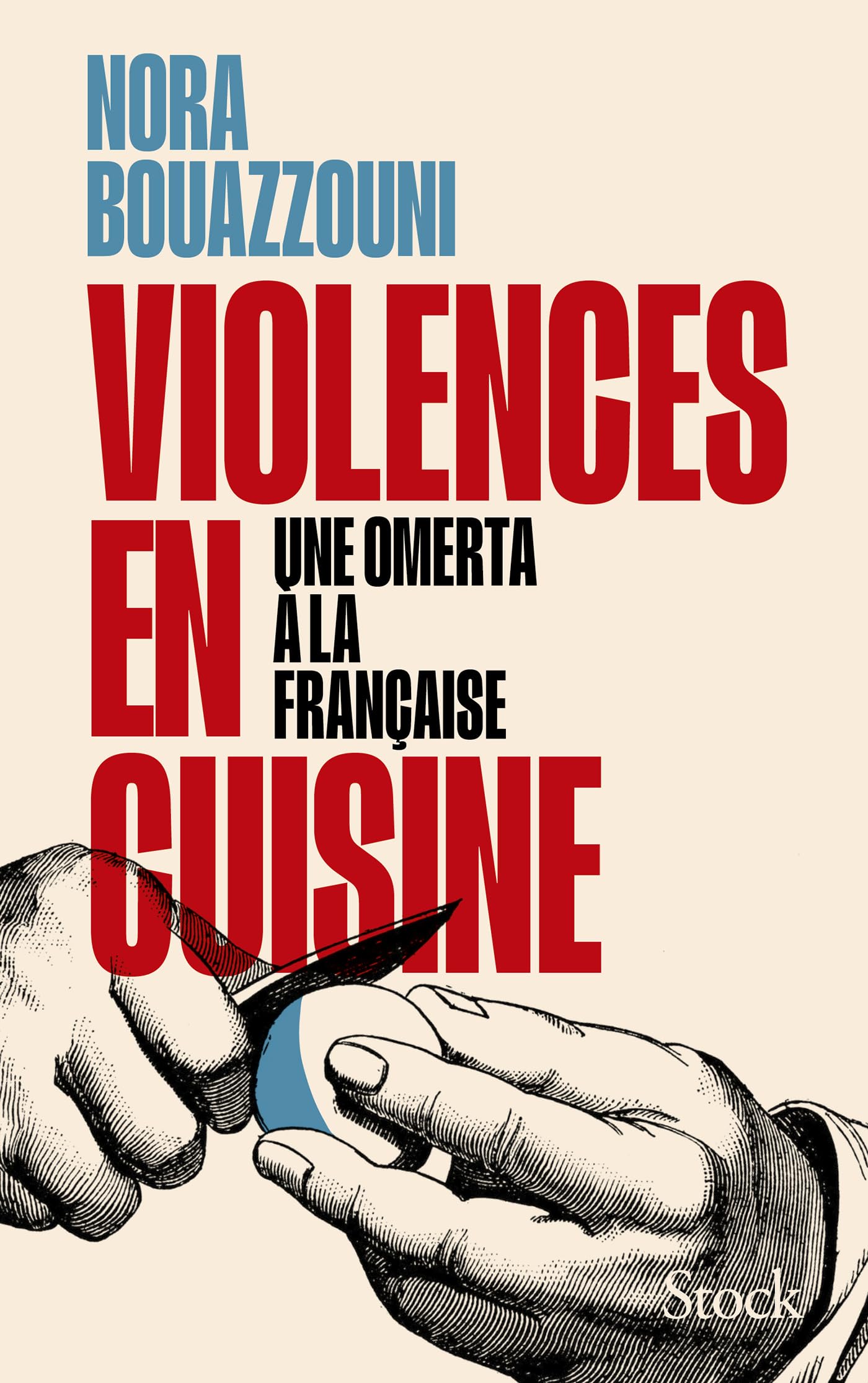The dishes may be refined, but behind the scenes in French gastronomy lies an unpalatable mix of sexism, racism, violence and harassment, according to a new book.
Violences en cuisine: Une omerta à la française (Violence in the Kitchen: a French-style Omerta) by Nora Bouazzouni, an investigative journalist, paints a picture of all-powerful chefs preying on underlings amid a toxic environment.
Bouazzouni, who interviewed dozens of trainee and assistant chefs, says little has changed over the decades, in a sector that believes “you have to suffer” to reach the top. She says aspiring female chefs in particular face persecution. One told Bouazzouni that a chef had burnt her arm when she made a mistake with a recipe. Another said the pastry chef often slammed the fridge door shut on her fingers. Others said they were subjected to a constant flow of sexual innuendo, or forced to watch pornographic images in restaurant kitchens.
Her claims have been denied by some of France’s leading chefs, who fear that her work will add to the recruitment difficulties already facing the sector.
They started a campaign this week designed to show they are attentive to staff, although the message was contradicted by Bouazzouni’s work.
• The all-female kitchen taking on France’s food establishment
In it, she denounces a decades-old tradition of brutal management in French cuisine, depicted by George Orwell in his 1933 memoir, Down and Out in Paris and London, in which he recounts the fatigue, long hours and stream of insults.

The book was published last week
A 35-year-old assistant chef in an upmarket café told Bouazzouni that when she got married, the head chef warned her against getting pregnant. He said that if she did, he would try to provoke a miscarriage by pushing her down the stairs.
“That will get us a fortnight of sick leave but at least we won’t have a problem for nine months,” the chef said, according to the book. She said she had tears in her eyes. “I wasn’t a human any more. I had the impression that I was an object.”
Racism is also widespread, the book claims, recounting tales of ethnic minority staff facing derogatory remarks from chefs, such as: “It’s not my fault if you were born on the wrong side of the Mediterranean.”
The violence is not just verbal. A 23-year-old trainee chef told Bouazzouni: “Where I am working now, a cook takes [new employees] into the cold room and hits them as a hazing ritual.” She said that when another member of staff denounced the practice, they were reprimanded and sidelined.
In a separate incident, a chef whose restaurant has three Michelin stars took an assistant into the cold room for getting a fish recipe wrong, the book says, and the assistant came out “with a very swollen eye”.
Bouazzouni claims social media has reinforced the power and the egos of some of France’s leading chefs, meaning that staff are afraid to denounce them. She says restaurant critics are equally fearful, with the French media tending to laud top chefs in glowing reports while covering up their “merciless” and often petty behaviour.
• Jason Atherton: I haven’t seen any sexism in the kitchen
Some are said to enter a kitchen only to take a photograph of a dish cooked by an apprentice for their Instagram accounts. Others pocket tips intended for waiters.
Bouazzouni does not name the people she interviewed or the chefs she denounces. However, some are facing widely publicised claims, such as Jean Imbert, a celebrity chef accused of violence by four former partners. He denies all wrongdoing.

The celebrity chef Jean Imbert
ZOULERAH NORDDINE/AFP/GETTY IMAGES
Christophe Marguin, chairman of Les Toques Blanches Lyonnaises, an association of chefs in Lyons, central France, said Bouazzouni’s work was misleading. He said that while violence was widespread when he was a trainee chef, it had largely disappeared.
“Young people, they have their telephones in their hands, even in the kitchen. If someone burns you or hits you, within a second everyone is going to know.”

